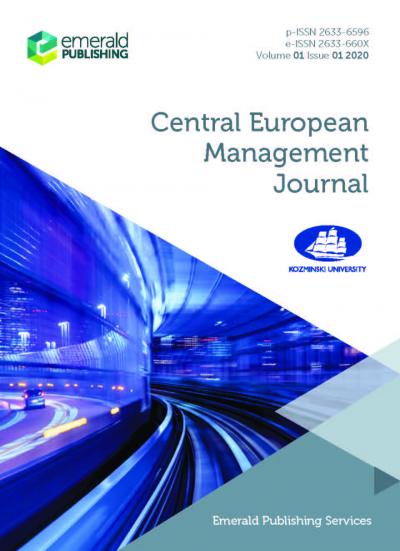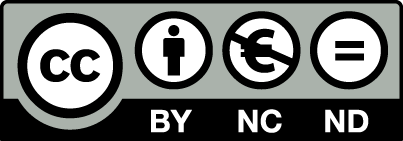The Quality of Explanations for Deviation from Principles of Corporate Governance. An Introduction
Izabela Koładkiewicz
Kozminski University
2017 25 (3) Central European Management Journal
DOI 10.7206/jmba.ce.2450-7814.202








